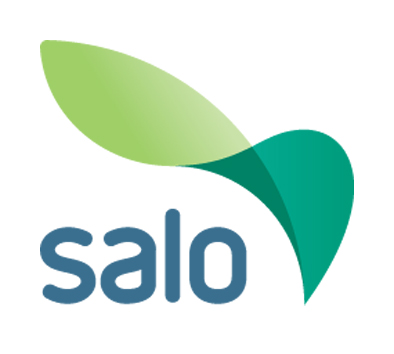General upper secondary education
The City of Salo has three daytime general upper secondary schools (Halikko, Perniö, and Salo). General upper secondary education is also provided by the Salo Upper Secondary School for adults. Moreover, the general upper secondary schools offer an opportunity for completing a combined diploma.
The purpose of upper secondary schools is to provide students with a general education. Upper secondary school students complete their studies in accordance with their personal study plan. The students are studying on a full-time basis, and teaching is arranged at daytime. Upper secondary school studies can be completed in 2–4 years. At the end of the studies, the students will take the Finnish matriculation examination. By passing the examination, the students will graduate from upper secondary school and earn a Matriculation Examination Certificate. As upper secondary school graduates, the students may apply to universities of applied sciences and other universities.
Adults can attend upper secondary education at separate upper secondary schools for adults and on adult education lines in general upper secondary schools. The City of Salo offers an adult education line. At the adult education line of Salo Upper Secondary School, students can complete studies included in the general upper secondary school syllabus or take courses in individual subjects. As a rule, the adult education line is intended for students over the age of 18 if they are completing the entire upper secondary school syllabus. The education is organised flexibly as evening studies.
Extension of compulsory education
The extension of compulsory education and the related guarantee of cost-free education apply to upper secondary school students who start their studies in or after the autumn of 2021. The extension and waiver of charges do not apply to students who are continuing their upper secondary school studies. Instead, they will continue to pay for their own learning materials, computers, and matriculation examination fees. The extension of compulsory education progresses one age group at a time.

